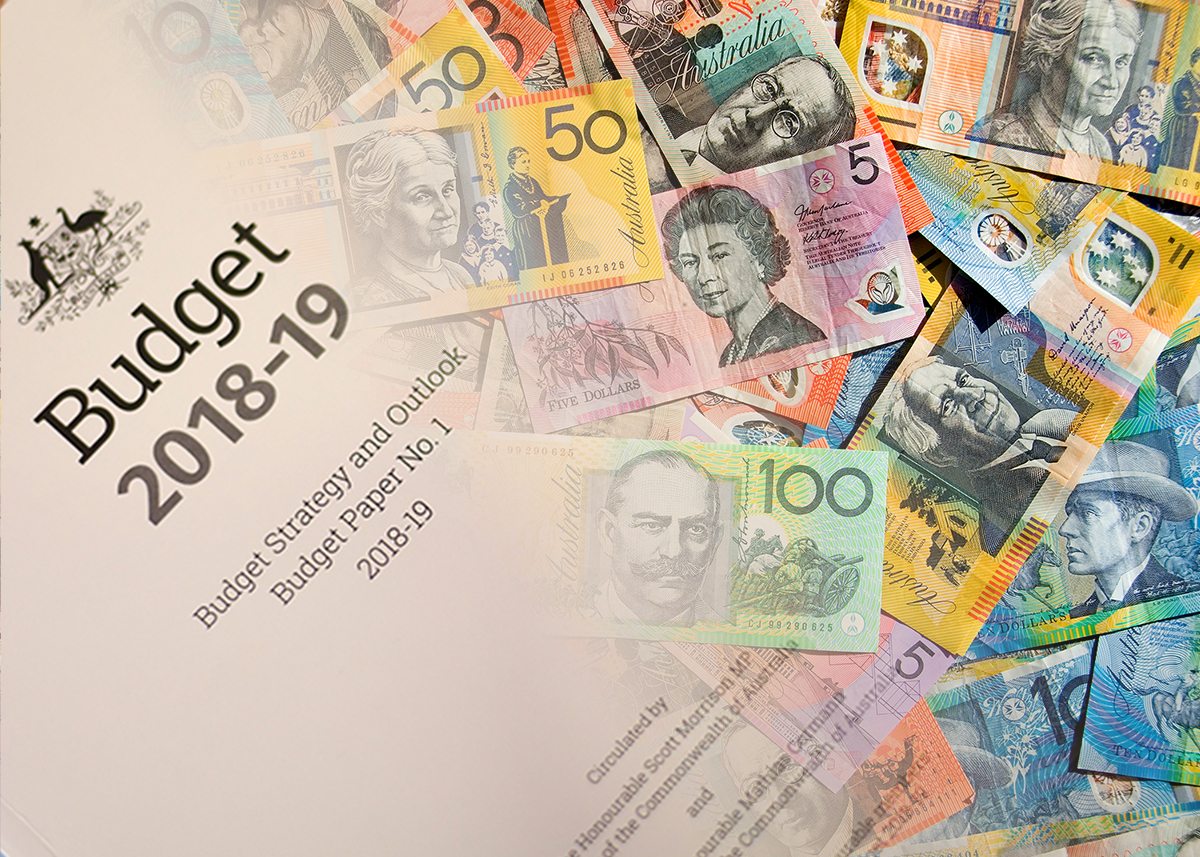2018 Federal Budget – the bits you might have missed

Television and news feeds were flooded with the proposed personal income tax cuts after the May 8 Federal Budget announcement, but there were a number of other measures included that received little mention that are important, and equally worth highlighting.
First, let’s talk about the proposed changes to Personal Income Tax
(Note: While the following changes were proposed there already appears to be some negotiation between the parties on these rates so it will be interesting to see the final result.)
The proposed changes are:
- an increase to the 32.5 per cent personal income tax bracket from $87,000 to $90,000 from 1 July 2018;
- a non-refundable Low and Middle Income Tax Offset of up to $530 per annum to be received as a lump sum on assessment by eligible Australian resident taxpayers for the 2018 -19 to 2021-22 income years only;
- an increase to the Low Income Tax Offset from $445 to $645 From 1 July 2022;
- an extension of the 19 per cent personal income tax bracket from $37,000 to $41,000 and a further increase to the 32.5 per cent personal income tax bracket from $90,000 to $120,000 from 1 July 2022;
- a further extension of the 32.5 per cent personal income tax bracket from $120,000 to $200,000. The top marginal tax rate of 45 per cent will then apply to tax able incomes exceeding $200,000 from 1 July 2024.
Changes to deductions for ‘Expenses Before Ready for Rent’ for rental property owners
Currently, if you purchase land to develop and rent in the future, you can claim interest on the loan from when you purchase the land. This has allowed many clients to claim a deduction for interest while the property is being built prior to rental.
As part of the budget announcement Treasurer Scott Morrison announced that, from 1 July 2019, the Government will deny deductions for expenses associated with holding vacant land that is being held for residential or commercial purposes.
Deductions that are denied as a tax deduction will be added to the cost base (what you paid for the land) for calculating the capital gain on when you sell the property.
This measure will not apply to expenses associated with holding land that are incurred after:
- a property has been constructed on the land, it has received approval to be occupied and is available for rent; or
- the land is being used by the owner to carry on a business, including a business of primary production.
Extension of the $20,000 Asset Write Off
The Government will extend the $20,000 instant asset write-off by a further 12 months to 30 June 2019 for businesses with annual turnover of less than $10 million. This was a widely expected 12 month extension to the tax concession that is already in place.
Please note that this is not an extra deduction or a refund as some sellers of equipment are indicating; what it does mean is that you can claim the amount as a tax deduction in the year that you purchase the item rather than as depreciation over 4-5 years.
How this translates is: if your taxable income is between $37,000 - $87,000 your taxation rate is 32.5%. Therefore spending $20,000 will result in a refund of $6,500 (being 32.5% of $20,000).
Contact us to review your profit and loss to determine your taxation position before taking advantage of this to make sure it really is worth it.
Over 65 Contributions in Superannuation
From 1 July 2019 the Government will introduce an exemption from the work test for voluntary contributions to superannuation for people aged 65-74 (with superannuation balances below $300,000) in the first year that they do not meet the work test requirements.
This is good news as recently I have had a number of clients who have received lump sums such as inheritances and would have liked to contribute amounts into superannuation, but as they were no longer working were unable to do so.
Three Yearly Audit for certain Self Managed Superannuation Funds
The Treasurer announced that from 1 July 2019 the Government will change the annual audit requirement to a three-yearly requirement for self managed superannuation funds (SMSFs) with a history of good record-keeping and compliance.
This will help to reduce the audit time and costs associated with SMSF’s. While we are waiting for more information, I would assume that the auditors will still require the information for all three years as they will need to track assets movements, so don’t slacken-off on your record keeping!
A last note
These proposed changes will affect most of us to some extent and while there’s no huge upheaval, it’s worth being aware of them. The key to traversing the changes is to keep good records and keep in contact with us. If you’ve got questions about how they could affect you, please call us!



